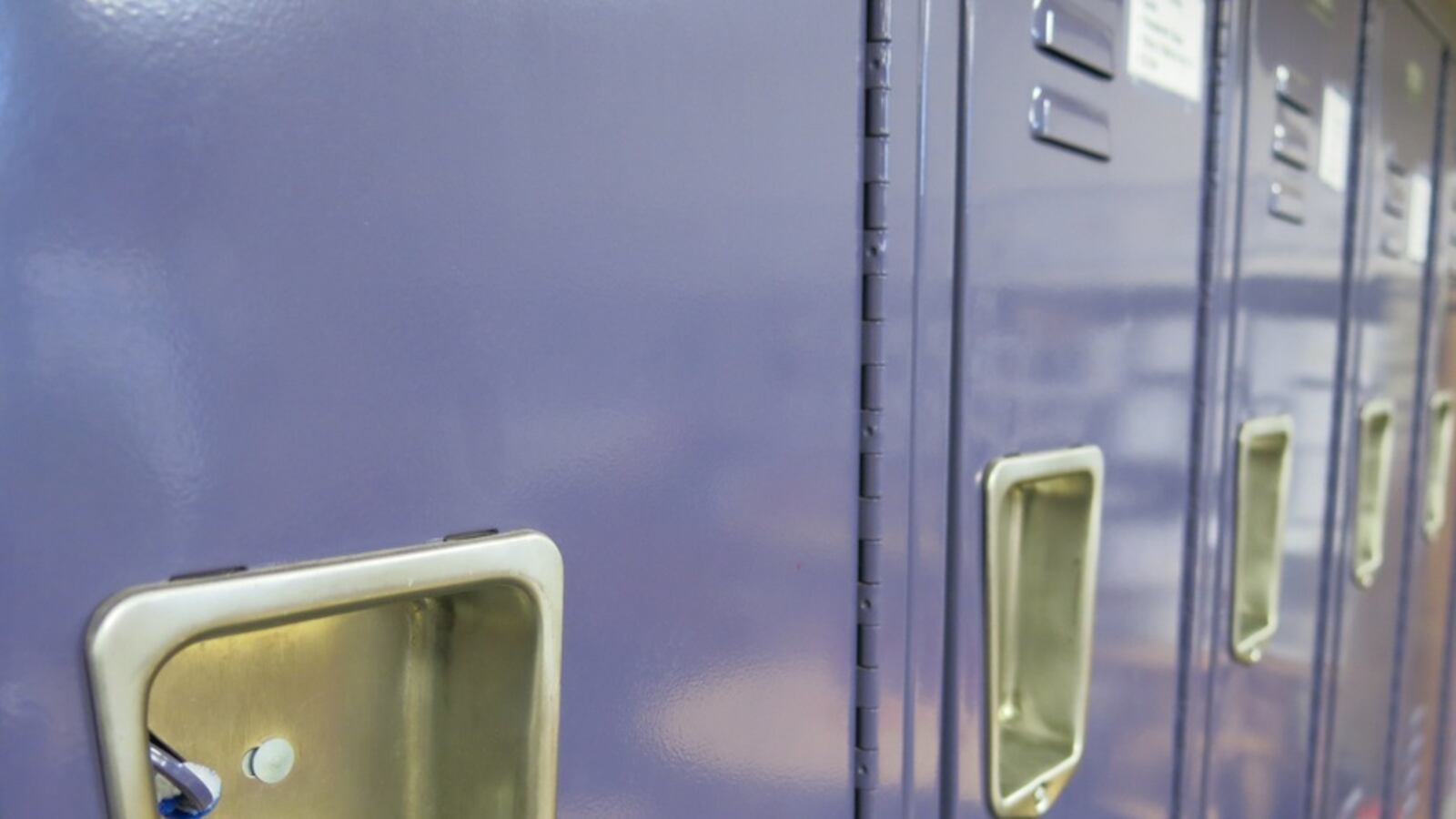A charter school governing board on Friday voted to spare a Brooklyn school from closure and to put the high school started by the city teacher’s union under strict control.
New Hope Academy Charter School earned a reprieve from the charter schools committee for the State University of New York on Friday, which overrode an earlier recommendation to shutter the East Flatbush elementary school. The renewal gives New Hope Academy three years to improve its test scores before facing closure.
The committee also voted to allow the high school grades of the UFT Charter School to remain open for three years.
That school’s board voted to shutter its elementary and middle schools last week, citing their poor performance. But the high school has performed better: Ninety-two percent of students graduated on time last year, nearly 30 percentage points higher than the citywide average, though just 22 percent of them were deemed “college ready.”
“Some of the strongest instruction I have ever seen in English language arts classrooms happened at that high school,” said Susan Miller Barker, executive director of the SUNY Charter Schools Institute, which advises the committee. “They’ve got a couple of really outstanding ELA teachers.”
The UFT board had applied for a full, five-year renewal for its high school, but the committee rejected that proposal Friday.
“I think it makes more sense to look at this in another couple of years,” committee member John Murad, a lawyer from Syracuse said. “I appreciate that the performance has improved but I’m still not happy with it.”
The committee’s decisions are likely to stick, but won’t be finalized until the full SUNY board meets next week.
The committee voted to renew the charters for eight other city charter schools, but not before raising questions about whether the schools were doing enough to recruit and retain English language learners.
Miller Barker acknowledged that many charter schools struggled to attract those students, adding that the she advises school leaders to visit preschools with bilingual programs, do targeted recruitment using Census data, and to give a preference to English language learners in their admissions lotteries.
But Joseph Belluck, the committee’s chair, said he doubted if schools were making enough of an effort, in part because there has been lax enforcement of a 2010 provision to state law requiring that charter schools serve “comparable” numbers of high-needs students.
“I want them to know that sending out postcards is not enough,” Belluck said. “They need organizers knocking on doors. All of these schools need to show that they’re making efforts.”


